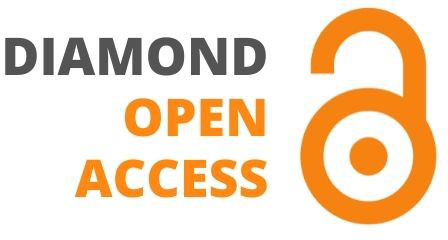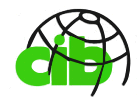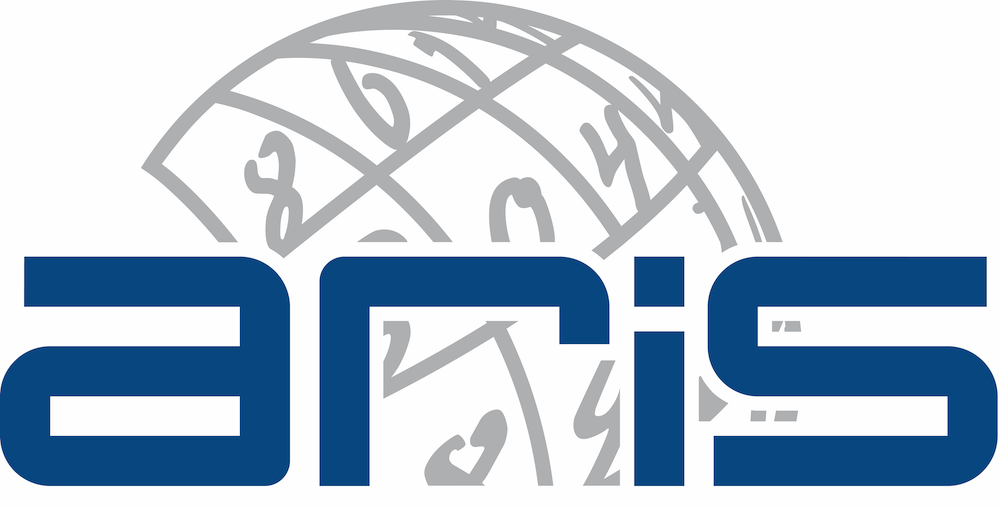Journal of Information Technology in Construction
ITcon Vol. 22, pg. 34-62, http://www.itcon.org/2017/3
Overview of BIM maturity measurement tools
| submitted: | March 2016 | |
| revised: | November 2016 | |
| published: | January 2017 | |
| editor(s): | Turk Ž. | |
| authors: | Chengke Wu, M.D.;
Faculty of Construction Management and Real Estate, Chongqing University; 404835780@qq.com Bo Xu, Associate Professor; Faculty of Construction Management and Real Estate, Chongqing University; 358379785@qq.com Chao Mao; Associate Professor; Faculty of Construction Management and Real Estate, Chongqing University; 876099898@qq.com Xiao Li; M.D.; department of building and real estate, The Hong Kong Polytechnic University; shell.x.li@connect.polyu.hk | |
| summary: | Building Information Modelling has experienced rapid development in recent years. Recognized the numerous benefits, various organizations and stakeholders have begun to implement BIM. Contrary to the extensive application, successful implementation requires a thorough understanding of current situation of BIM operations as well as effective, advanced, and high-performing measurements. Despite the existing studies of BIM maturity measurement tools, there is no comprehensive review yet, resulting in confusions faced by BIM users that need to conduct such evaluations. This study exhaustively reviews nine mainstream BIM measurement tools developed in the past years, shedding light on their distinct features. According to the findings, no universal applicable tool exists and each tool has unique emphasis, strengths and weaknesses, matching different users. Besides, some patterns of measuring scope, measures selections and evaluation methods along the development of these tools are also identified. Therefore, this study could not only help BIM users to choose appropriate tools based on their unique demands, but also serve as reference for developments of new tools in the future. | |
| keywords: | BIM Maturity, Measurement Tools, Overview | |
| full text: | (PDF file, 1.904 MB) | |
| citation: | Wu C, Xu B, Mao C, Li X (2017). Overview of BIM maturity measurement tools. Journal of Information Technology in Construction (ITcon), 22, 34-62. https://www.itcon.org/2017/3 |





